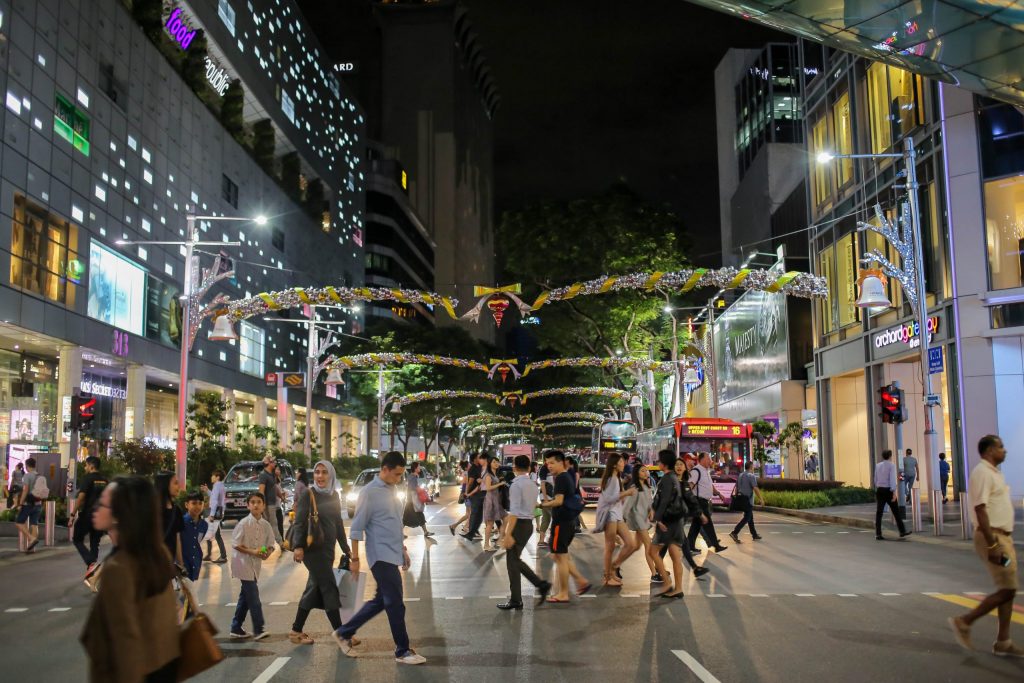Values Predict Willingness to Interact with Immigrants
August 2, 2021

In a four-part series of public lectures organized by the NUS Institute of Policy Studies starting on 7th July 2021, S R Nathan Fellow Mr. Ravi Menon, chief of the Monetary Authority of Singapore, highlighted five values-based attributes that could transform the nation-state into an inclusive and inspiring home for all: being a beacon of diversity, a meritocracy of hope, a city of giving, a heart for the environment, and “a thousand points of light” (https://lkyspp.nus.edu.sg/news-events/events/details/ips-nathan-lectures-by-mr-ravi-menon-lecture-iv-an-inspiring-nation). He envisioned a Singapore strengthened by a socially responsible, altruistic, and active citizenry organizing community-based initiatives and guided by causes larger than themselves. Mr. Menon stressed that public policy could only do so much to maintain social cohesion in the country, and that public values played a much more instrumental role in managing diversity and preserving Singapore’s social fabric.
In ‘Values Predict Willingness to Interact with Immigrants: The Role of Cultural Ideology and Multicultural Acquisition’ (Journal of Cross-Cultural Psychology, 2020), Associate Professor Michelle See (NUS Psychology) and her collaborators Dr. Janet Pauketat (Princeton University) and honors graduate Mr. Aaron Lim (NUS Psychology), investigate the relationship between an individual’s values and willingness to interact with immigrants in the context of Singapore.
The researchers conducted two studies to uncover the relationship between values and favorability towards immigrants. The first study examined the influence of conservation and self-transcendence values on an individual’s willingness to interact with immigrants. Self-transcendence values are oriented towards growth, concerned with the welfare of others, and associated with promoting inclusivity and equality. Conservation values are associated with protecting social norms and institutions, stability, and hierarchy. The second study investigated how multicultural acquisition affected willingness to interact with immigrants. The research aimed to explain how personal values changed willingness to interact with immigrants and provide empirical evidence illustrating the relationships between them.
The results of the first study showed that the greater the importance an individual placed on self-transcendence values, the greater the support for multiculturalism, leading to an increased willingness to interact with immigrants. Self-transcendence values place greater importance on inclusivity and the welfare of others, leading to an increased likelihood of embracing multiculturalism as a cultural ideology. This leads to greater acceptance of cultural differences and ethnic diversity, increasing a person’s willingness to interact with immigrants.
On the other hand, the first study also demonstrated that the greater the personal emphasis on conservation values, which are typically concerned with stability, the protection of established institutions, and the upholding of social norms, the lower the willingness to interact with immigrants. In addition, the second study showed that among individuals who displayed greater ability to obtain positive outcomes in intercultural interactions, people with greater self-transcendence values were more willing to interact with immigrants.
Interestingly, the two studies showed how a general support of diversity through multiculturalism and a greater personal ability to interact with people from different cultures and ethnicities were associated with a stronger willingness to interact with immigrants. A/P See asserts that these findings are especially important because immigration is a potential solution to Singapore’s rapidly aging population. An important step in maintaining social cohesion, as mentioned by Mr. Menon, would be to inculcate values that develop socially responsible and altruistic behaviors, and a greater propensity to interact with immigrants and accept them into Singapore’s multicultural society.
Read the article here!
